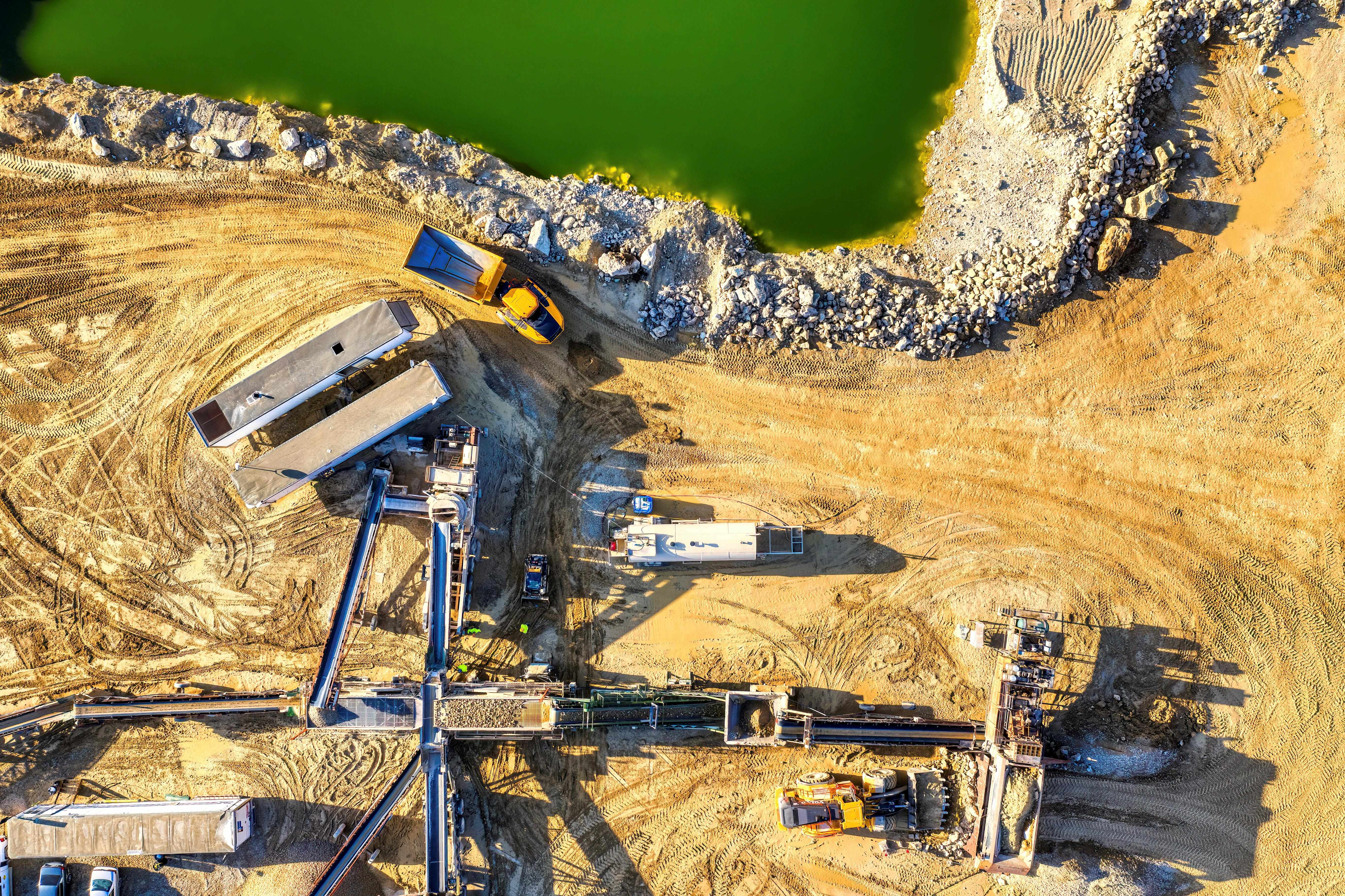What does a just transition look like? Exploring the role of standards in steel and mining to drive a responsible transition

Decarbonisation will radically reshape heavy industries, generating technological, geographical, economic, and social changes. For example, shifting from coal-based processes to green technologies like hydrogen and electrification could have profound financial and logistical implications—increased manufacturing costs, new input materials, stranded assets, production relocation, and more.
Significantly, decarbonisation could also have adverse social impacts such as causing job loss or displacement and weakening the economic viability of affected communities. ResponsibleSteel and the Initiative for Responsible Mining Assurance (IRMA) have launched a joint project to better understand the social impacts of the net-zero transition and how standards can help guide good practice. The project focuses on steel and mining as two examples of hard-to-abate sectors in the metals industry which are deeply connected. This project is possible thanks to a grant from the ISEAL Innovations Fund, which is supported by the Swiss State Secretariat for Economic Affairs SECO.
The project aims to:
1. Identify the role standards can play toward a socially responsible transition.
2. Establish an agreed approach, framework or set of principles to take forward.
The first stage of the project involves in-depth research to answer key questions: What constitutes a just transition? How are the steel and mining sectors already working to ensure a just transition? How are existing standard systems such as ResponsibleSteel working to address issues around a just transition?
The reality of a just transition is complex, taking into consideration different geographies and site levels. This project will harness early examples of successful transitions, looking at where standards have played a valuable role and providing what is likely to be some of the first guidance on tackling this challenge. Given the varying impacts of decarbonisation across regions, IRMA and ResponsibleSteel are uniquely positioned to provide frameworks that apply to these regional contexts.
The project will identify key issues, map how international standards can address them, identify critical gaps, and signpost future work needed to address them. The findings will be tested through engagement with workers, unions, business leaders, and other key stakeholders. Ultimately, the project will identify an agreed approach for the role of standards in advancing a just transition for workers in the steel and mining sectors. The project outcome will be shared with the ISEAL community and broader stakeholders.
If you are interested in participating in the project, please contact our Standards Manager, Haruko Horii.


